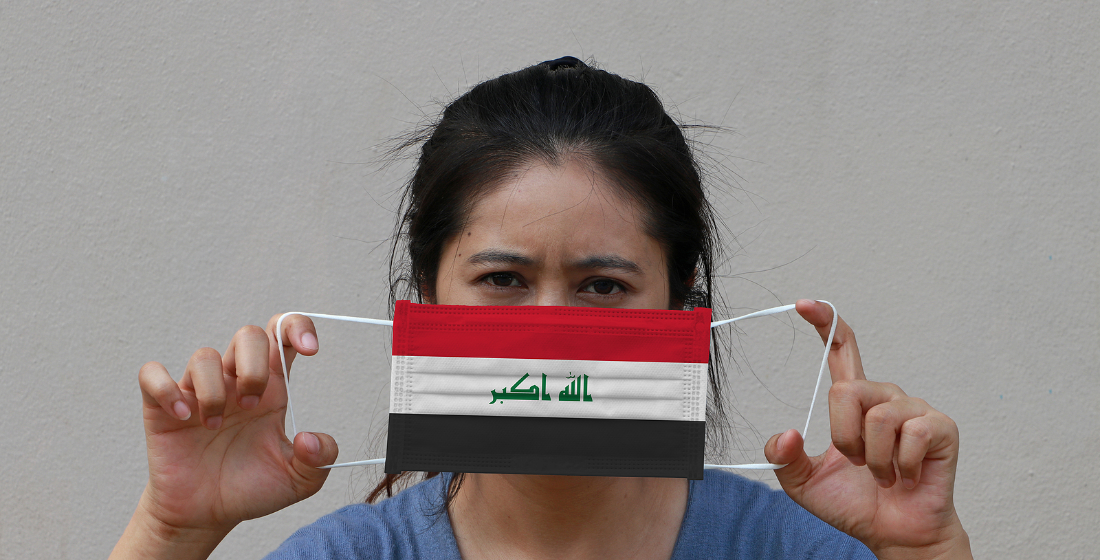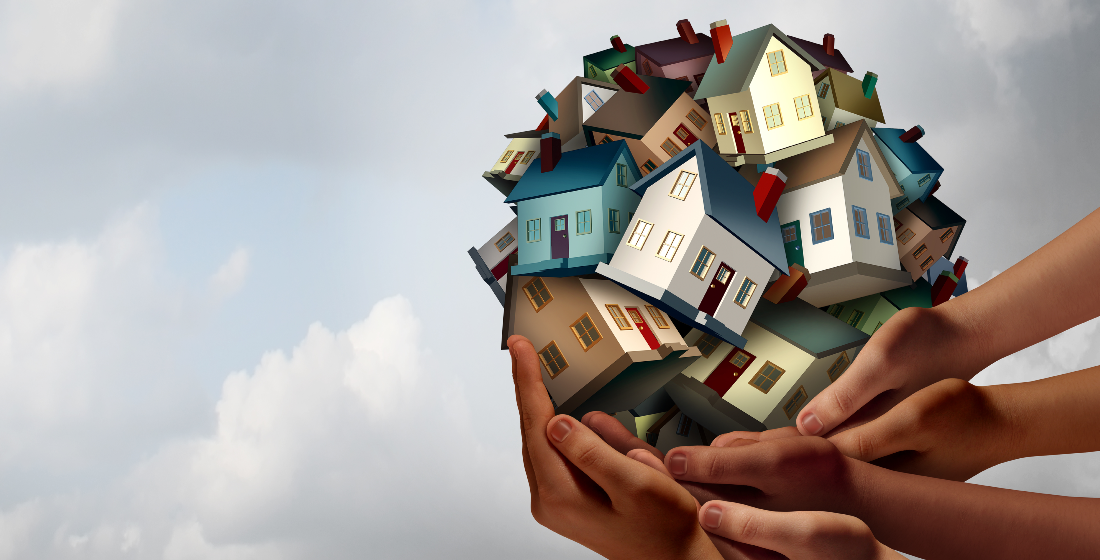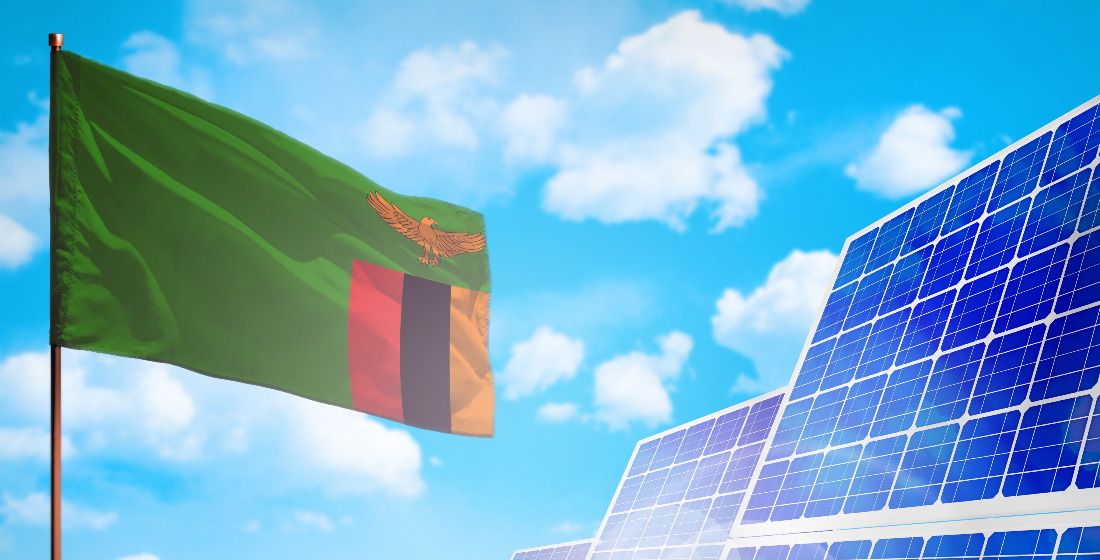How DFIs can help Iraq combat COVID-19
KfW has provided a €15 million grant to build four new hospitals in Iraq as the country races to add healthcare capacity before its pandemic peaks in the autumn.

Iraq is one of the world’s least equipped countries to face the COVID-19 pandemic. The country has been successively ravaged by crises for decades: The 1980-88 war with Iran, crippling international sanctions following Saddam Hussein’s invasion of Kuwait in 1990, the near complete destruction of the state after the US-led invasion of 2003, the occupation by ISIS jihadists in 2014, further Sunni-Shia sectarian violence and Kurdish separatism, and now COVID-19. Iraq was already on its knees before the virus had even arrived on its solitary shore.
The number of infections has since spread rapidly across the country: it’s jumped from just below 7,000 cases at the start of June to 140,000 today. The pandemic is expected to peak in early autumn at 240,000 cases and the country is woefully ill prepared to deal with such numbers. International development and aid organisations urgently need to lend their support to the country in its hour of need, and Germany’s KfW has recently demonstrated that the development finance institutions (DFIs) have a crucial role to play.
“The country is currently facing a very severe double crisis: as well as the pandemic, it’s suffering a deep economic crisis and budgetary constraints because of downturn in the oil price,” says KfW portfolio manager Moritz Remé. “And like most countries, Iraq needs to manoeuvre the trade-off of locking down certain activities to control the spread of the virus while also keeping the economy running.”
A race against time
At the end of July, the German state-owned development bank agreed to provide a €15 million grant for the hasty construction of four emergency hospitals to meet the peak’s expected increase in demand for beds.
Remé explains: “It’s part of an ongoing partnership that we’re in, alongside the UN, with our bilateral partners in Iraq – The Ministry of Health and The Reconstruction Fund for Areas Affected by Terrorist Operations (REFAATO) – which aims to rebuild the country in the wake of all its recent problems.
The peak in infections in October or November is expected to overload the Iraqi healthcare infrastructure. By then, almost 50,000 hospital beds, including 12,000 intensive care beds, will be needed for the treatment of COVID-19 patients alone; the country, however, currently only has 50,000 beds in total, and just 700 intensive care beds. Remé recalls: “We got in contact with our Iraqi partners in April/May to enquire about how we could help, and they suggested we provide funding to create additional hospital capacity. So we set out to cover the shortfall the peak would likely create.”
KfW used WHO data to model the spread of the virus in the following months, which indicated that the country’s conurbations would be the hardest hit. The DFI therefore decided it would be best to construct the hospitals in the cities of Baghdad, Basra, Niniveh and Süleymaniye. They would build temporary hospitals using modular prefabricated construction that could also serve as regular hospitals going forward. Each hospital would have 100 beds, including 40 intensive care beds – directly benefiting 7,000 patients in the short-term – and would be used exclusively for COVID-19 patients so as to limit the spread of the virus. KfW is currently considering whether more hospitals can be financed in a further phase.
“We managed to get all the agreements sorted in very little time, including all the compliance checks,” says Remé. Although the contract was signed two weeks ago, the development bank has been preparing the contractors in parallel with the negotiations just so they can be ready to go immediately. The project is now in its final stages of the preparation: the final design of the hospitals is almost ready, and KfW has employed all the relevant contractors and contacted all the relevant medical suppliers.
“All the medical supplies, for ventilators ect, are completely overbooked,” laments Remé. “But we’ve managed to persuade them to deliver for the peak in October/November, and we’re trying to use all kinds of appropriate short-cuts to complete the construction quickly – it’s going to be a race against time but we think we can do it.”
DFIs need to buffer the economic impact
There are inevitably innate challenges in putting together a funding package like this in a distressed state in such a short timeframe. But for those issues idiosyncratic to Iraq, Remé believes it was key that his institution had a track-record of building trust with the local institutions before attempting such a project. “When we started our cooperation with the country in 2017, it took quite some time to build a level of confidence in the partnership,” he says. “It’s a country that naturally, because of its recent history of being severely let down by international actors entering the country, questions the motives of outsiders.”
There are also complex bureaucratic procedures when it comes to putting together infrastructure projects in the country. “It’s really complicated to finalise a contract there because, depending on whether it’s a loan or a grant etc, you need key sign-offs from the parliament or the cabinet, which are constantly in flux, so you need to know all these procedures before you start a project. Luckily we learnt them over the last few years because you really can’t do it from scratch.”
Alongside the constructions of these hospitals, there are various countries now donating medical supplies and equipment to aid Iraq’s struggles with the pandemic, so the priority for support is now shifting toward the economy, according to Remé. “The Treasury is completely empty, and the government is reaching its limits for debt so there isn’t much space to take on further loans – anymore support from DFIs would have to come in the form of grants.”
There are a number of NGOs and UN organisations working on solutions to support the country’s economy, and Remé suggests the best way for other DFIs to help would be to work with those organisations and support their endeavours.
“That support will become ever more important as the government is increasingly required to impose more lockdowns as the virus spreads,” says Remé. “It’s vital economic life keeps running.”





